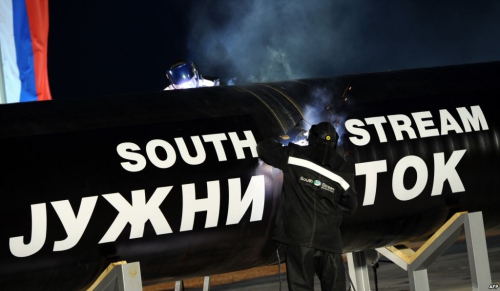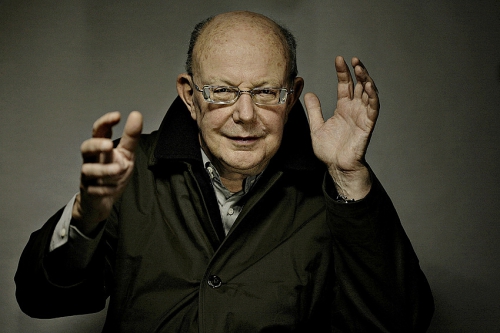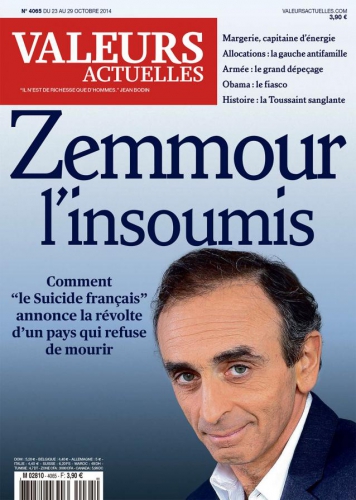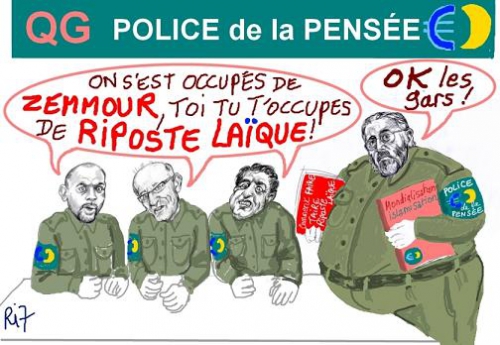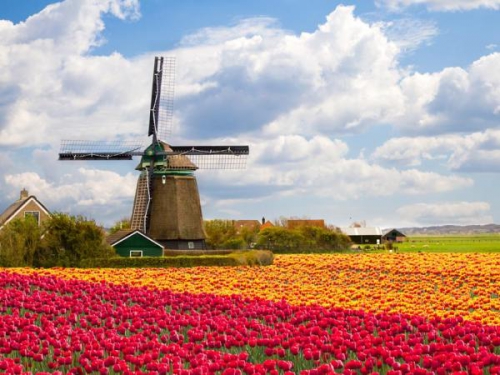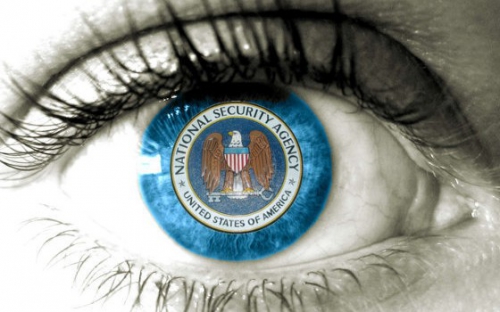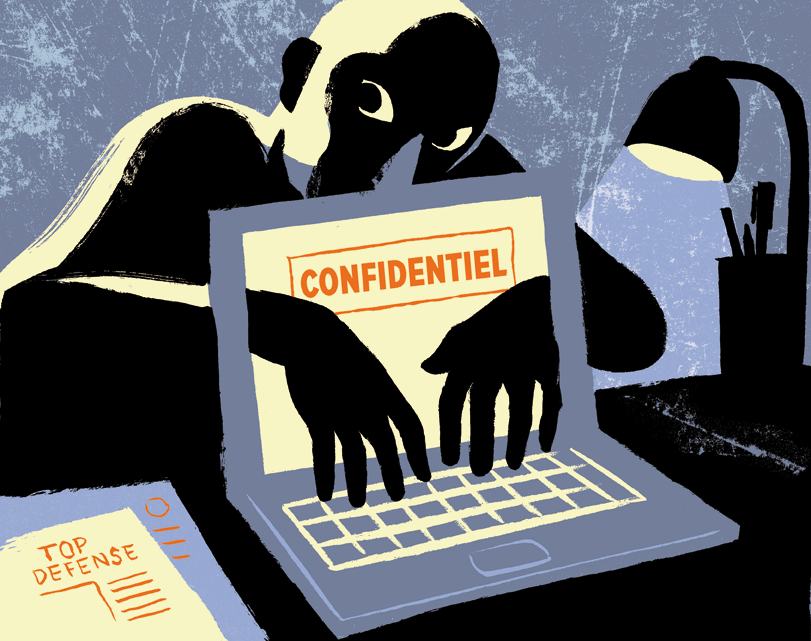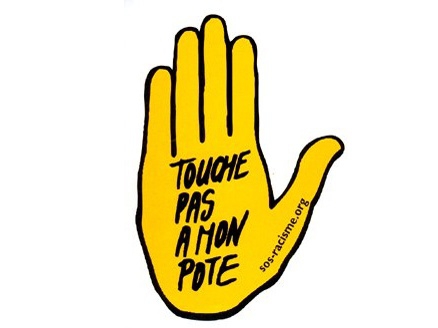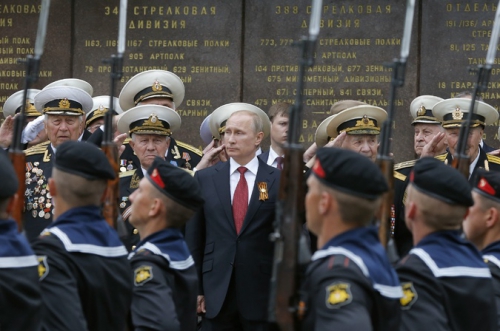In an all too familiar pattern and as predicted, the shooters involved in the attack in Paris Wednesday, January 7, 2015, were French citizens, radicalized in Europe and exported to Syria to fight in NATO’s proxy war against the government in Damascus, then brought back where they have now carried out a domestic attack. Additionally, as have been many other domestic attacks, the suspects were long under the watch of Western intelligence services, with at least one suspect having already been arrested on terrorism charges.
USA Today would report in an article titled, “Manhunt continues for two French terror suspects,” that:
The suspects are two brothers — Said, 34, and Cherif Kouachi, 32, both French nationals — and Hamyd Mourad, 18, whose nationality wasn’t known, a Paris police official told the Associated Press. He spoke on condition of anonymity because he was not authorized to speak publicly.
USA Today would also report (emphasis added):
The brothers were born in Paris of Algerian descent. Cherif was sentenced to three years in prison on terrorism charges in May 2008. Both brothers returned from Syria this summer.
The implications of yet another case of Western-radicalized terrorists, first exported to fight NATO’s proxy war in Syria, then imported and well-known to Western intelligence agencies, being able to carry out a highly organized, well-executed attack, is that the attack itself was sanctioned and engineered by Western intelligence agencies themselves,. This mirrors almost verbatim the type of operations NATO intelligence carried out during the Cold War with similar networks of radicalized militants used both as foreign mercenaries and domestic provocateurs. Toward the end of the Cold War, one of these militant groups was literally Al Qaeda – a proxy mercenary front armed, funded, and employed by the West to this very day.
Additionally, in all likelihood, the brothers who took part in the attack in Paris may have been fighting in Syria with weapons provided to them by the French government itself. France 24 would report last year in an article titled, “France delivered arms to Syrian rebels, Hollande confirms,” that:
President Francois Hollande said on Thursday that France had delivered weapons to rebels battling the Syrian regime of Bashar al-Assad “a few months ago.”
Deflecting blame for the current attack on “radical Islam” is but a canard obscuring the truth that these terrorists were created intentionally by the West, to fight the West’s enemies abroad, and to intimidate and terrorize their populations at home.
We Must Sidestep the Canards
As with any false flag attack engineered by a government for the purpose of manipulating public perception and pushing through otherwise unjustifiable policy both foreign and domestic, a series of canards are erected to distract the public from the true nature of the attack.
In the recent attack in Paris, France, the canards of “free speech,” “condemning radical Islam,” “tolerance,” and “extremism” have all taken center stage, displacing the fact that the terrorists who carried out the attack were long on the leash not of “Islamic extremists” but Western intelligence agencies, fighting in a Western proxy war, as a member of a well-funded, armed, and trained mercenary force that has, on record since as early as 2007, been an essential component of Western foreign policy.
Indeed, Al Qaeda and its various rebrandings are not the creation of “Islamic extremism,” but rather Western foreign policy using “extremism” as part of indoctrinating the rank and file, but directed by and solely for the purpose of serving an entirely Western agenda.
As exposed by Pulitzer Prize-winning journalist Seymour Hersh in his 2007 article, “The Redirection: Is the Administration’s new policy benefiting our enemies in the war on terrorism?” it was stated explicitly that (emphasis added):
To undermine Iran, which is predominantly Shiite, the Bush Administration has decided, in effect, to reconfigure its priorities in the Middle East. In Lebanon, the Administration has coöperated with Saudi Arabia’s government, which is Sunni, in clandestine operations that are intended to weaken Hezbollah, the Shiite organization that is backed by Iran. The U.S. has also taken part in clandestine operations aimed at Iran and its ally Syria. A by-product of these activities has been the bolstering of Sunni extremist groups that espouse a militant vision of Islam and are hostile to America and sympathetic to Al Qaeda.
To this day, the US, its NATO partners including Turkey, and regional partners including Israel, Saudi Arabia, and Qatar are arming, funding, harboring, training, and otherwise perpetuating these “Islamic extremists” within and along both Syria and now Iraq’s borders.
In reality, without Western backing, “laundered” through the Persian Gulf autocracies and manifesting themselves in a global network of mosques jointly run by Persian Gulf and Western intelligence agencies, there would be no “Islamic extremism” to speak of. To focus on “extremism” as a cause, rather than as a means used by the true perpetrators of this global-spanning campaign of Western-sanctioned terrorism, is not only to perpetuate such canards, but to invite the perpetuation of this very terrorism we are shocked and horrified by.
The recent Sydney cafe hostage crisis featuring an Iranian dissident granted Australian asylum and featured in anti-Iranian propaganda, exposed a vast network of radicalization and recruitment run in the Australian city of Sydney, used to organize support and fighters to be sent to the West’s proxy war in Syria. The network included many notorious individuals, well known to Australian law enforcement and intelligence agencies, and many of whom had traveled to Syria, taken part in fighting alongside known terrorist organizations, and were allowed to return and continue their political activities in Australia.
The Daily Mail’s article, “Why did police ask former terror suspect for an ISIS flag?” would state:
Counter terrorism police have contacted Sydney man and one time terror accused Zaky Mallah and asked him for an ISIS flag.
Just over four hours into the Martin Place siege, officers the NSW Police Joint Counter Terrorism Team and asked him if he could give them an ISIS flag.
Zaky Mallah, 30, from Westmead in western Sydney offered the Counter Terrorist police the flag that hangs on the wall of his apartment, the moderate Islamic Front flag, but ‘they weren’t interested’.
The article would also state:
Two years ago Mr Mallah travelled to Syria and lived with the FSA rebels engaged in the bloody civil war against Muslim hardliner President Bashar el Assad ‘before it got crazy over there’. After returning home, he encouraged young people to go to Syria and engage in jihad to experience the freedom fight taken up against El Assad…
As in Australia, France apparently also has a stable of former terrorists who had traveled to Syria and returned, all while on their watch lists – and in Australia at least – some of these terrorists are literally on security agency speed dials and are clearly a part of a network the intelligence community both monitors and in fact, maintains.
Such networks have turned out thousands of recruits to fight in NATO’s war in Syria. The BBC would report in an article titled, “Islamic State crisis: ‘3,000 European jihadists join fight’,” that:
The number of Europeans joining Islamist fighters in Syria and Iraq has risen to more than 3,000, the EU’s anti-terrorism chief has told the BBC.
Gilles de Kerchove also warned that Western air strikes would increase the risk of retaliatory attacks in Europe.
How exactly is the public expected to believe that such a vast number of terrorists can migrate overseas to fight alongside terrorist forces the West is currently, allegedly, fighting, without the West being able to stem such a tide? Clearly, just as arming Al Qaeda in Syria was done intentionally, so to have the floodgates been open, allowing European terrorists to both join NATO’s proxy war in Syria, and to return home and join NATO’s growing war against its own people.
Operation Gladio on Steroids
Such networks don’t just mirror NATO’s “stay behind networks” formed during the Cold War, supposedly created to activate in the wake of a full-scale Soviet invasion of Western Europe, but instead used as a covert front of political and terroristic provocation – such networks today are a continuation of NATO’s secret armies.
NATO’s provocateurs used during the Cold War were a mixture of nationalists, anti-communists, former Nazi SS officers, and extremists of every stripe. Their particular beliefs were, however, ultimately irrelevant since they were used for a singular agenda defined not by these beliefs, but by NATO’s own agenda.
Many of the militants and extremists NATO used were liquidated upon the completion of the many false flag attacks NATO organized at the cost of hundreds of innocent European lives. Likewise, today, many of the gunmen or bombers involved in the long string of suspicious domestic attacks carried out by NATO’s modern “stay behind network” are either killed on sight, or imprisoned and forgotten.
While NATO’s Cold War operations appeared confined to conducting terrorism upon its own people, today’s networks are used to carry out both proxy wars overseas as well as to carry out terrorist attacks at home. The expansive nature of this network and the threat it poses to global peace and stability should be at the center of the Paris attack debate – not the alleged beliefs, religion, or supposed agenda of the attackers who, just like their Cold War counterparts, were nothing more than patsies and pawns amid a much larger and insidious game.
Tony Cartalucci, Bangkok-based geopolitical researcher and writer, especially for the online magazine“New Eastern Outlook”.
First appeared: http://journal-neo.org/2015/01/08/paris-shooters-just-returned-from-nato-s-proxy-war-in-syria/



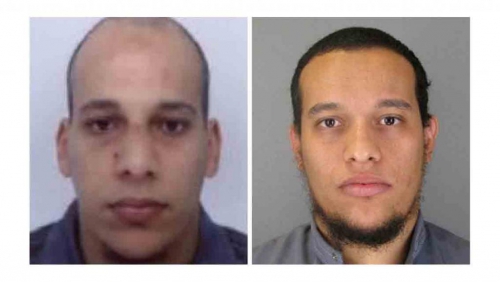

 del.icio.us
del.icio.us
 Digg
Digg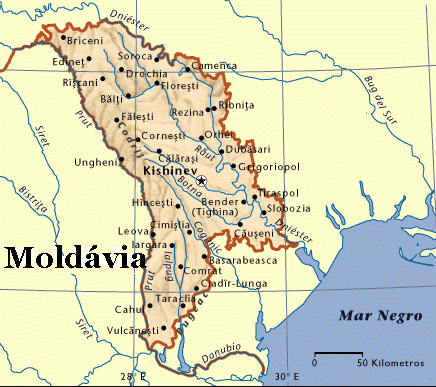
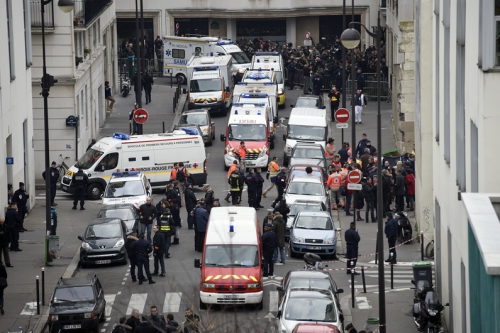
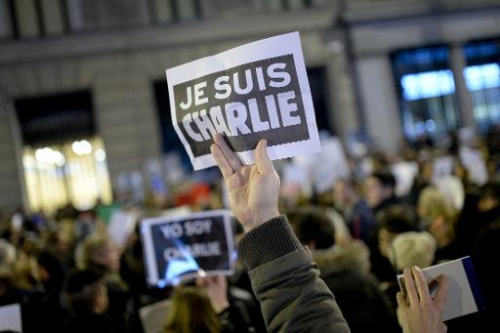
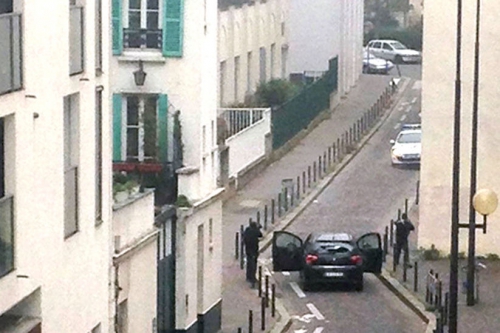
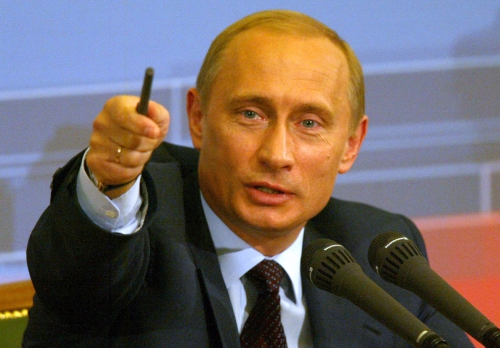
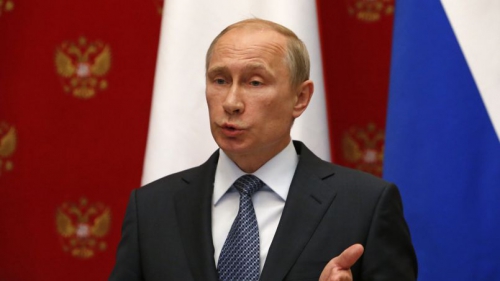
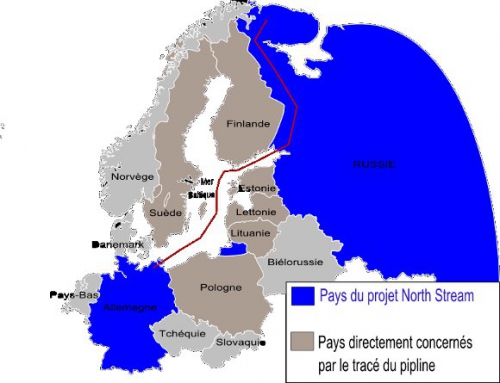
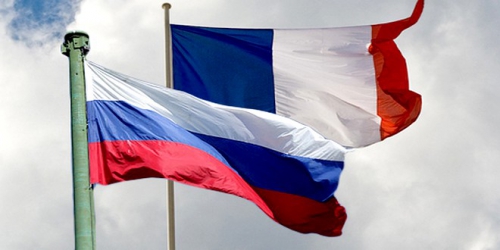
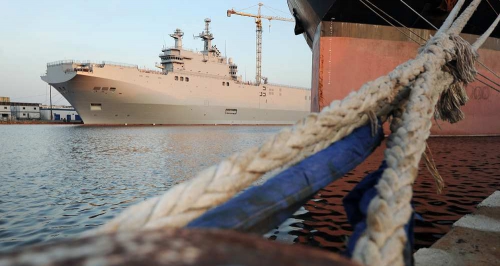
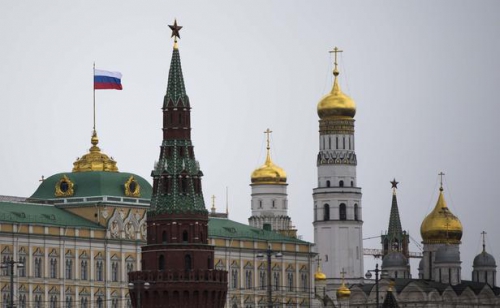
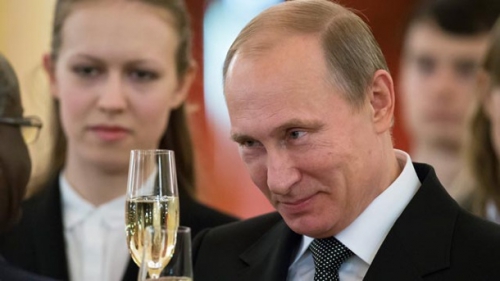
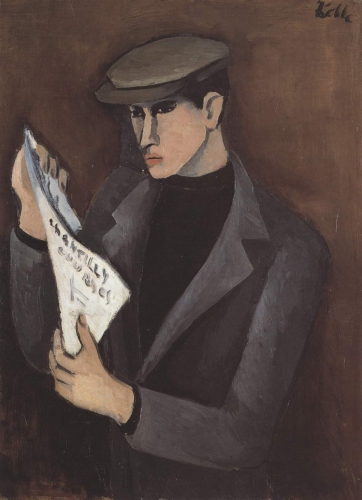
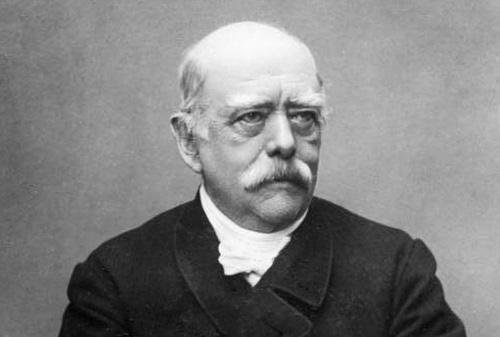



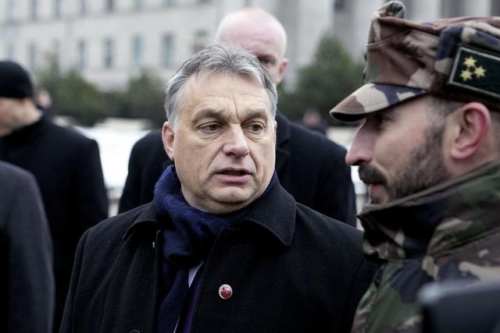


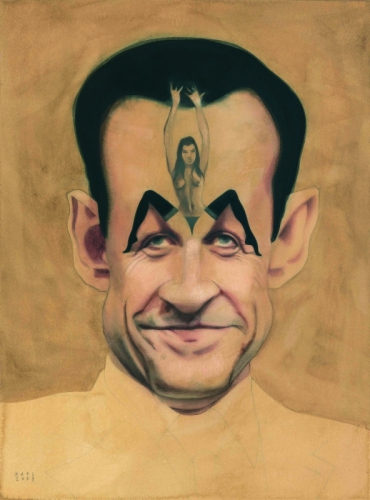
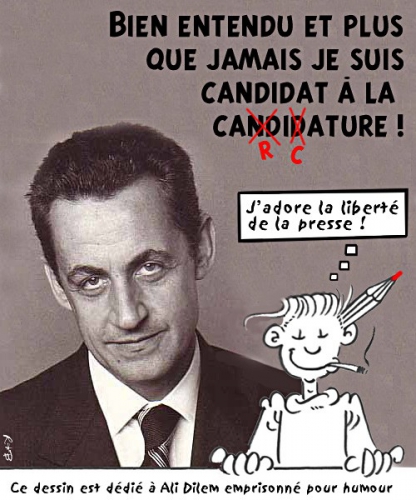


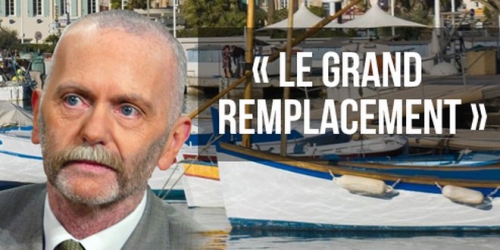
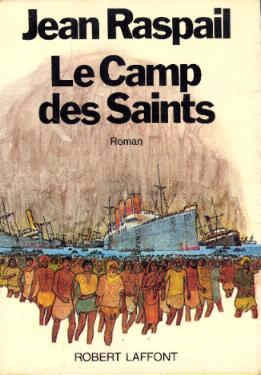 Quoi qu’il en soit, Houellebecq a le vent en poupe et l’on peut gager qu’il pulvérisera les ventes de début d’année. Il ne s’inscrit pas moins à la suite d’auteurs précurseurs comme Jean Raspail, lui-même empruntant, avec son prophétique et magistral Camp des saints, la dimension proprement visionnaire d’un Jules Verne au XIXe siècle ou d’un Anthony Burgess avec son Orange mécanique au XXe siècle.
Quoi qu’il en soit, Houellebecq a le vent en poupe et l’on peut gager qu’il pulvérisera les ventes de début d’année. Il ne s’inscrit pas moins à la suite d’auteurs précurseurs comme Jean Raspail, lui-même empruntant, avec son prophétique et magistral Camp des saints, la dimension proprement visionnaire d’un Jules Verne au XIXe siècle ou d’un Anthony Burgess avec son Orange mécanique au XXe siècle. 